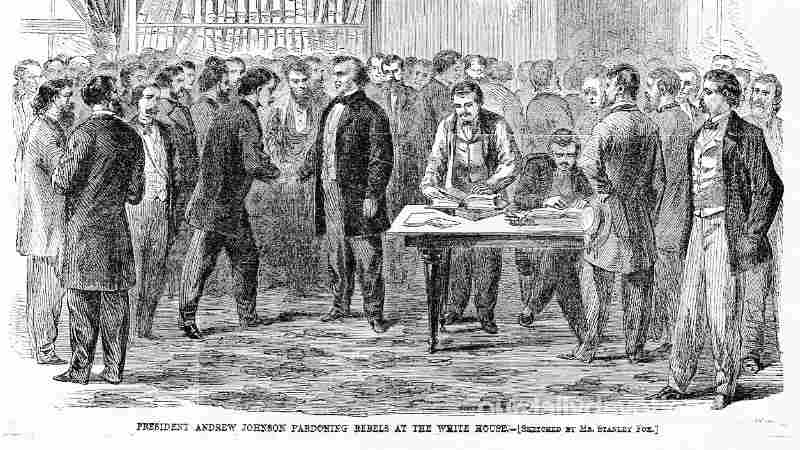Man is composed of body and soul, although in certain passages "spirit" is added. Both the soul and the spirit are contrasted with the body, signifying the incorporeal component of man; However, there is a distinction between soul and spirit.
The term soul is often used to express the immortal part of the human being, and sometimes it is used to denote the person, as in the passage from Gen. 46:26: “All the people (Heb.: “nephesh”: soul) who came with Jacob to Egypt”; "eight souls" (Gk.: "psuchë") were saved in the ark (1 Pet. 3:20); “the soul that sins, it shall die” (Ex. 18:4, 20).
As noted above, the Hebrew term generally translated as "soul" is "nephesh"; in many cases it is translated as "life", as in Jon. 1:14: "Let us not perish for the life [soul] of this man." In the NT, the term “psuchë,” also mentioned above, is used of both life and soul. Cp. Mt. 16:25, 26.
The soul, when distinguished from the spirit, is as the seat of appetites and desires. The rich man said: “Soul, you have many goods stored up for many years; rest, drink, rejoice” (Lk. 12:19). That night his soul was asked for. The salvation of the soul cannot be distinguished from the salvation of the person.
The spirit is, characteristically, the highest part of man, marking conscious individuality, and thus distinguishing man from creation. God breathed into the nostrils of man the breath of life, and therefore man was brought into relationship with God, and he cannot really be happy apart from Him, neither in his present existence nor in eternity.
The terms used are, respectively, Heb. «ruach» and the gr. "pneuma", and they are the same ones that are constantly used to denote the Spirit of God or Holy Spirit, and angels as spirits, as well as evil spirits. The word of God is sharp and penetrates to the point of dividing the soul and spirit of man (Heb. 4:12), although it may not be easy for man to see this division.
The apostle prayed for the Thessalonians that the spirit (which is probably contemplated as the seat of God's work), as well as the soul and body, would be sanctified (1 Thes. 5:23). In the Epistle to the Hebrews we read of the “spirits” of the righteous made perfect: their position is with God through redemption.
Here, it is evident that "spirits" means people outside their bodies. Since the Holy Spirit has been given to the Christian, as the energy in him of life in Christ, he is exhorted to pray with the spirit, to sing with the spirit, to walk in the spirit, so that in some cases it is difficult to distinguish in these passages between the Spirit of God and the spirit of the Christian.
Meaning of SPIRIT
Man is composed of body and soul, although in certain passages "spirit" is added. Both the soul and the spirit are contrasted with the body, signifying the incorporeal component of man; However, there is a distinction between soul and spirit.







